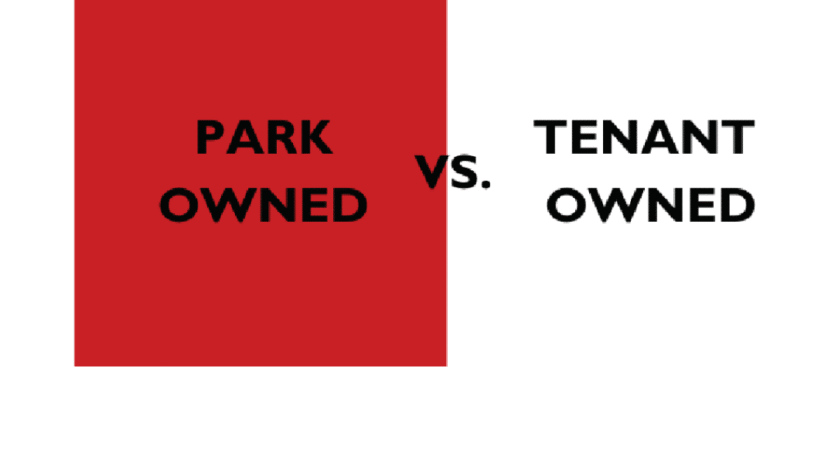Park-Owned Homes vs Tenant-Owned Homes
In the dynamic landscape of mobile home park ownership, few decisions carry as much weight as the choice between park-owned homes and tenant-owned homes.
In the dynamic landscape of mobile home park ownership, few decisions carry as much weight as the choice between park-owned homes and tenant-owned homes. This pivotal decision can shape the trajectory of your park, influencing everything from operational efficiency to community dynamics. In this comprehensive guide, we’ll delve into the pros and cons of each model, equipping you with the insights needed to make an informed decision that aligns with your goals and vision for your mobile home community.
Park-Owned Homes: The Pros and Cons
Park-owned homes, where the park retains ownership of the homes and leases them to tenants, offer several advantages:
Pros:
1. Control: With park-owned homes, you have greater control over the quality and upkeep of the
properties, ensuring they meet your standards and contribute to the overall aesthetics of the
community.
2. Steady Revenue Stream: Rental income from park-owned homes provides a predictable revenue
stream, helping to stabilize cash flow and offset operational expenses.
3. Flexibility: Park-owned homes offer flexibility in terms of setting rental rates, adjusting occupancy
levels, and implementing community-wide improvements or upgrades.
Cons:
1. Responsibility for Maintenance: As the owner of park-owned homes, you are responsible for
maintenance and repairs, which can be time-consuming and costly.
2. Risk of Vacancies: High turnover or vacancies in park-owned homes can impact profitability and
require additional resources for marketing and turnover costs.
3. Limited Tenant Investment: Tenants in park-owned homes may have less incentive to invest in
property improvements or contribute to the long-term sustainability of the community.
Tenant-Owned Homes: The Pros and Cons
Tenant-owned homes, where residents own their homes and lease the land from the park, present a different set of advantages and challenges:
Pros:
1. Tenant Investment: Residents who own their homes are more likely to take pride in ownership,
invest in property maintenance, and contribute to a sense of community pride.
2. Reduced Maintenance Costs: With tenants responsible for home maintenance and repairs, park
owners can reduce operational expenses and focus resources on common areas and infrastructure.
3. Community Stability: Tenant-owned homes can foster a greater sense of stability and long-term
residency within the community, reducing turnover and enhancing social cohesion.
Cons:
1. Limited Control: Park owners have less control over the condition and appearance of tenant-owned
homes, which may vary in quality and aesthetic appeal.
2. Less Predictable Revenue: While lot rental fees provide a steady income stream, park owners may
miss out on additional revenue from home rentals and face fluctuations in occupancy levels.
3. Regulatory Compliance: Park owners must navigate regulatory requirements and legal complexities
associated with leasing land to tenant-owned homes, including adherence to landlord-tenant laws
and homeowners’ association regulations.


